detail profile francisco aguirre
Peran Yang Di Mainkan Francisco Aguirre
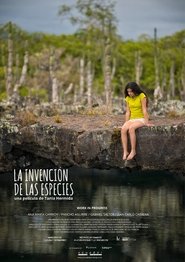 Carla arrives in the Galapagos with...
Carla arrives in the Galapagos with...The invention of species 2024
Carla arrives in the Galapagos with her father, an expert biologist in turtle conservation. As he talks about raising endangered species, she faces the risks of her own species. Like the iguanas, which to survive mutated into sea creatures, Carla will transform into an Island and learn to cling to the stone, dive and wait.
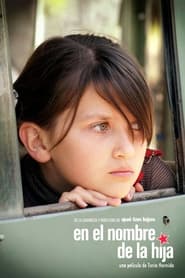 En el Nombre de la Hija...
En el Nombre de la Hija...In the Name of the Daughter 2011
En el Nombre de la Hija tells the story of a nine-year old girl whose name is in dispute. Manuela has been named alter her socialist-atheist father, but her catholic-conservative grandmother insists she should carry the name the first daughters of the family have carried for generations: Dolores. The story takes place in a Valley in the Ecuadorian Andes, during the summer of 1976. Manuela and her little brother, Camilo, are spending vacations with their cousins and grandparents at the family's farmhouse. Eager to defend her father's ideas, Manuela confronts her cousins and grandparents, but an unexpected encounter leads her to confront herself instead. Hidden in the family's abandoned library, schizophrenic uncle Felipe is devoted to setting words free from the constraints of dogmas. His wisdom sets Manuela free from her own dogmas and forever changes her relationship with words, including her own name.
 Between Marx and a Naked Woman...
Between Marx and a Naked Woman...Between Marx and a Naked Woman 1996
Between Marx and a Naked Woman is the adaptation of a novel written by Ecuadorian Poet, Jorge Enrique Adoum. The scenes of this film insert us into Ecuador in the sixties, when the electoral struggle, convoked by the military government for a new return to democracy, is in full force. Galvez’s left-wing party must elect its candidate, but he is shoved to one side because of the criticism of the party’s political leadership. While his struggle becomes bitter, he must withstand the frustration of not being able to offer full love to Margaramaría, another party member.

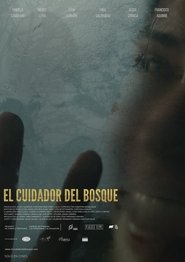
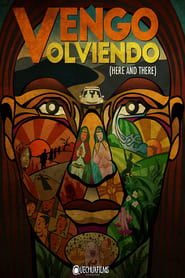 Vengo Volviendo tells the story of...
Vengo Volviendo tells the story of...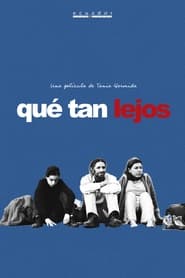 A cynical college student and an...
A cynical college student and an...